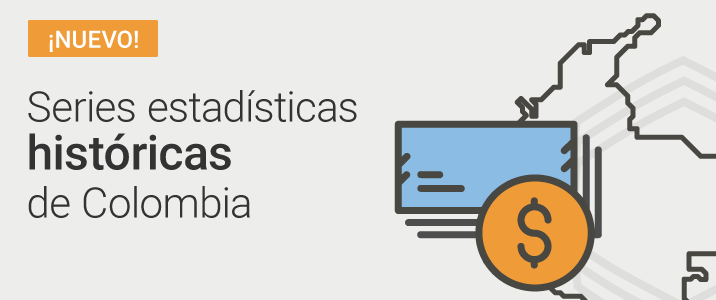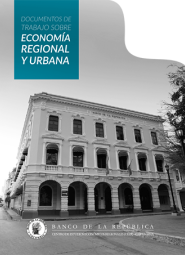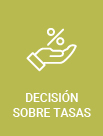The persistence of segregation in education: Evidence from historical elites and ethnic surnames in Colombia
La serie Cuadernos de Historia Económica es una publicación del Banco de la República – Sucursal Cartagena. Las opiniones contenidas en el presente documento son responsabilidad exclusiva de los autores y no comprometen al Banco de la República ni a su Junta Directiva.
The series Cuadernos de Historia Económica is a publication of Banco de la República in Cartagena. The opinions contained in this document are the sole responsibility of the authors and do not commit Banco de la República or its Board of Directors.
Abstract
Inequality in access to high-quality education can hinder the ability of education to promote intergenerational mobility. Looking at the case of Colombia, one of the most unequal and least mobile countries in Latin America, we evaluate whether contemporary differences in access to high-quality education have deep roots in the past. We use several past and contemporary sources to define social status attributes for several historical groups. Assuming that sufficiently rare surnames are part of the same extended family, we trace dynasties of indigenous, encomenderos (Spaniard colonial officers), 19th century slave-owners, and members of different educational, social, and business elites of the 17th, late 19th and the beginning of the 20th centuries. Using microdata from administrative sources, we provide evidence of social segregation in education and test if the historical status of each social group is associated with access to disadvantageous or privileged educational institutions. The results show that the original social status of the historical groups is highly associated with their contemporary performance in educational outcomes. We explore assortative mating as a mechanism for perpetuating segregation in education. We find evidence of homogamy within the historical elites and ethnic surnames. We conclude that the educational system in Colombia reproduces patterns of social exclusion rooted in the past.




















































